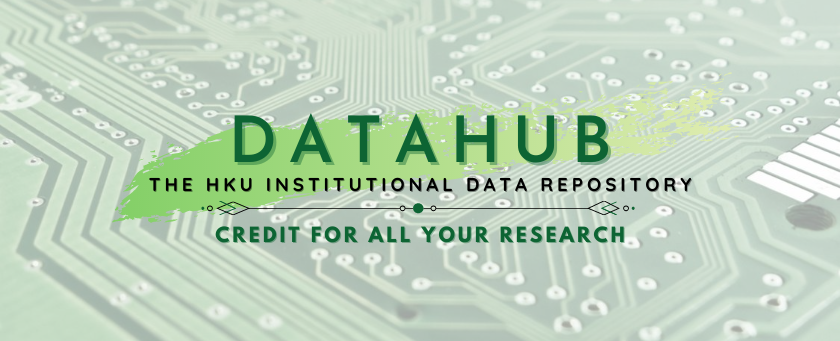Licensing your data will specify how, or not, your data can be re-used. It can specify terms and conditions, and access rights for re-use. Some licenses are non-exclusive, meaning that data bearing one license might also hold other licenses. This can happen when there is one license for commercial use, and another for non-commercial use. If your data has commercialization possibilities, please check with Versitech or HKU's Technology Transfer Office for their suggested licensing. Specific funders may have specific requirements on intellectual property rights, and thus determine which license you must use. Specific repositories where you deposit data may require a certain license only.
- How to License Research Data, from DCC
- Research Data Oxford. Data licensing guidance from around the web.
Creative Commons (CC) licenses are regularly used for publications and data. But there are other licenses that can be used. Of course writing your own license can be done also, but it is much easier to adopt one already formulated if possible.
Creative Commons is a non-profit corporation set up in 2001 for the purpose of producing simple yet robust licences for creative works. They are adapted into many jurisdictions, including Hong Kong. Their licenses are listed below, and further described at CC's About the Licenses.
| CC BY, Attribution | |
| CC BY-SA, Attribution-ShareAlike | |
| CC BY-ND, NoDerivs | |
| CC BY-NC, Attribution-Non-Commercial | |
| CC BY-NC-SA, Attribution-NonCommercial-ShareAlike | |
| CC BY-NC-ND, Attribution-NonCommercial-NoDerivs |
Most of the CC licenses listed above are available for selection when you are publishing your research data on HKU DataHub. The default license will be CC BY-NC if no other preferred type of license is chosen.
If your data holds personal or sensitive data, you may store this in restricted access. You may then choose to anonymize or desensitize a version of the dataset to be shown in CC BY-NC.












